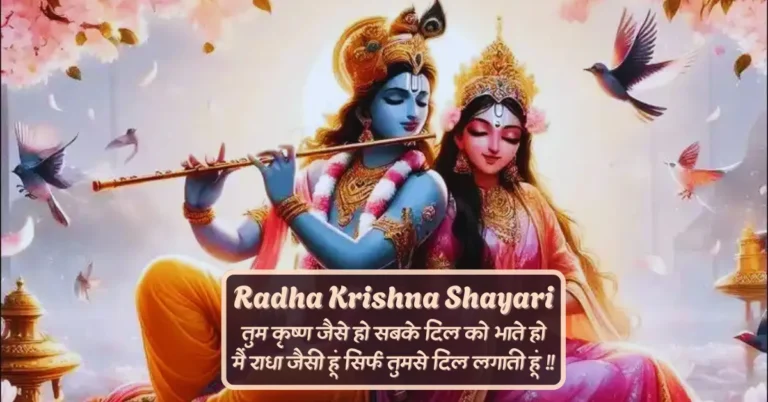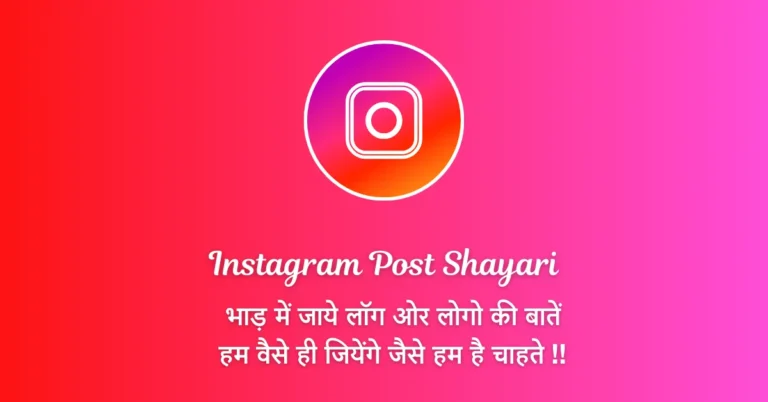Numbers, Astrology, and Everyday Life in India
Numbers in India are more than mathematical figures-they’re symbols of belief, identity, and destiny. From wedding dates to business launches, astrology and numerology guide decisions, weaving chance, faith, and cultural heritage into the rhythm of everyday Indian life.
The Historical Roots of Numbers in Indian Culture
In India, numbers have always been associated with heavenly reference. Treatises on the planetary movements were written in an ancient text like the Rigveda and the Atharvaveda as well. Not only were numbers utilized in trade or calculation but they were also regarded as having some form of spiritual weight.
To give an example, the number 108 is holy in Hinduism, Buddhism as well as in Jainism. The number is frequently found in means of prayer such as prayer beads, temple ceremonies and chants as the number is considered to convey cosmic wholeness. The number 9 representing a finality as well as spiritual awakenings occurs in epics and temples repeatedly.
Astrology, referred to as the Jyotish Shastra, evolved in India along with mathematics. Even as Aryabhata and Brahmagupta were developing numerical systems to serve science, numbers were being dissected as an aid to human life in the form of marriage life, health and wealth by astrologers. Numbers may be used in this way to indicate the cultural synthesis between both logic and religion.
To explore further intersections of tradition and daily practice, readers can simply read more in studies documenting how numbers shape rituals, economy, and even modern entertainment choices in India.
Astrology and Everyday Decisions
In India, astrology continues to have an active role in the lives of individual families. Astrologers are consulted by families to pick auspicious days, newborn names and more. Such choices depend on the planetary charts, numerical keys, and times of birth, which form a kind of map in a life called the kundli.
One of the greatest sectors that is impacted with the use of astrology is marriage. People check their horoscopes, analyzing the compatibility, and the numbers associated with the planets make the final choice. In case of modernization of lifestyles even in urban centers, there is a continuation of this practice in combination with modern values.
Business owners, too, often delay product launches or shop openings until the numerological alignment is favorable. Politicians choose campaign dates based on planetary guidance, and students sometimes attribute examination success or failure to their stars.
While not every Indian follows astrology strictly, its cultural imprint ensures that numbers and cosmic interpretations remain part of everyday thought, subtly influencing choices both big and small.
The Role of Numbers in Rituals and Festivals
Festivals in India demonstrate how deeply numbers are tied to cultural practices. Diwali, the festival of lights, is often celebrated on dates determined by lunar positions. The number of oil lamps lit during the festival also carries symbolic meaning, representing prosperity and hope.
The sacredness of the number nine is embarked upon during the Navratri; nine nights to worship nine forms of Goddess Durga. In the same way, in Ganesh Chaturthi, the sacrifices are usually made in numeral webs such as 21, a symbolism of entirety and worship.
There are even ritual practices like Griha Pravesh (house warming), where a family would use numerologically chosen dates which would bring players good luck in a new house. Birthdays, anniversaries and even hair-cutting ceremonies of children are attached to numerological preferences.
These traditions indicate the fact that numbers have some vital force that affects human life. In terms of the frequency of rituals and the replication of symbolic activity, numbers still serve as connectors during India between belief, community and continuity.
Numbers in Modern India: Between Belief and Technology
Contemporary India combines the oldest numeracy traditions with the online breakthrough. Numerology sites and astrology applications have grown in popularity among the younger professional audience that do not necessarily consult astrologers but still want to find some help. It requires only a few taps by the user in order to create charts or process lucky numbers associated with the names and date of birth.
This has digitized astrology more so in urban areas. Study-hardy individuals are rational planners on one hand and ideations that are reassured by belief on the other in the perspective of India that is driven by science and spirit. In even professional settings,e working hours can be altered or plans are shifted to fit a suitable number based on the suggestions of numerology.
The same can be seen in entertainment industries The numerology ideas extend to the naming of games, especially Bollywood movies, and also the calculation of lucky scores in the games by the crickets appreciators. People use social media to disseminate astrological information given by the influencers, which has a great following.
These examples highlight how numbers remain central to India’s lifestyle, influencing not only private rituals but also public culture, politics, and even commerce in surprising and enduring ways.
Conclusion
Numerons and astrology permeate every day life in India in visible and subtle ways. Whether it is the sacred figures entrenched into the ritual process or the new apps that provide the daily forecasts, the connection between faith and numbers is not going to extinguish.
The open-mindedness of this bond is what makes it long lasting. Numbers formerly used solely to practice religion are used in digital culture, politics, and even lifestyle decisions. Be it in giving directions on when to get married, when to open a shop or when to have a festival, they represent a symbol of trust and tradition.
Although it has existed, there is little doubt that the cultural significance of astrology upholds numbers to be more than calculative tools. They are the representations of the manner in which Indians approach ambiguity- by balancing sense with belief, and chance with causality such that they have become the inevitable elements of the landscape of everyday life.







